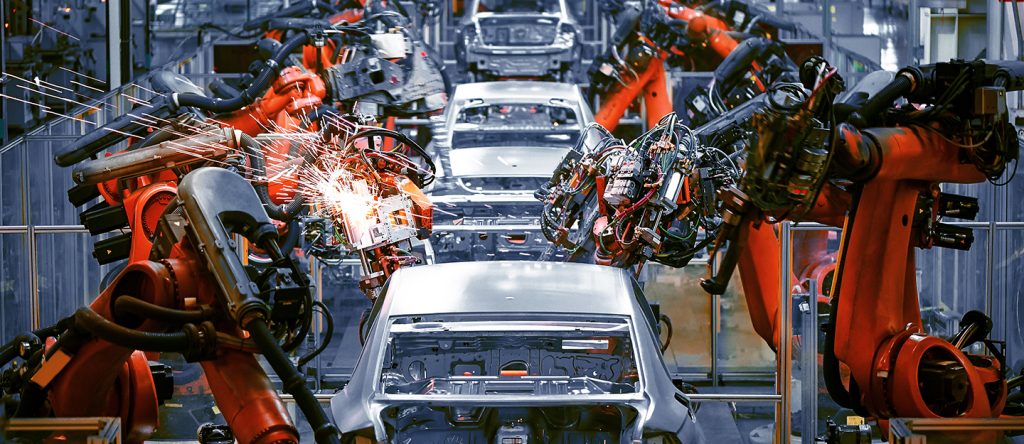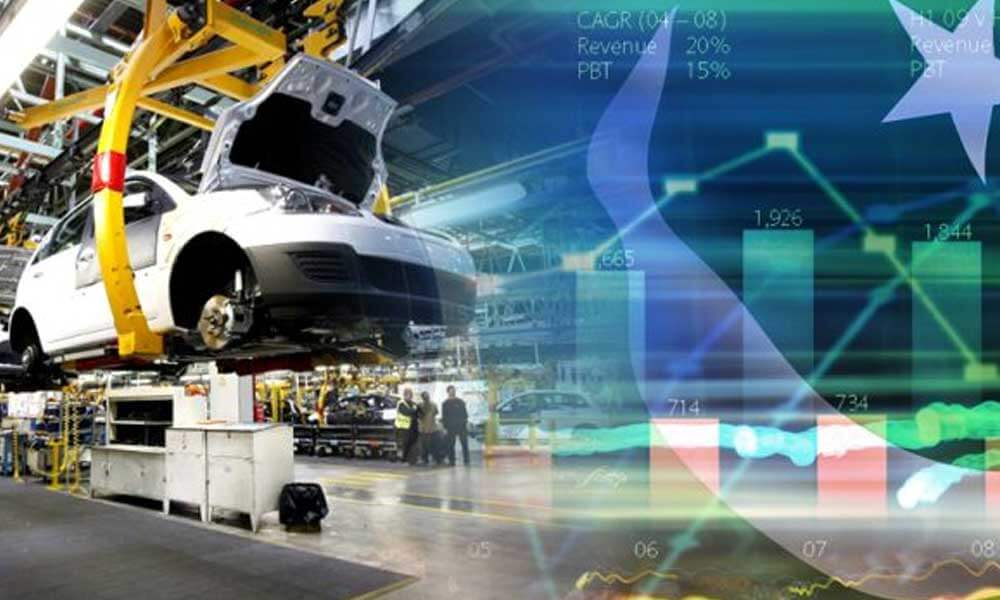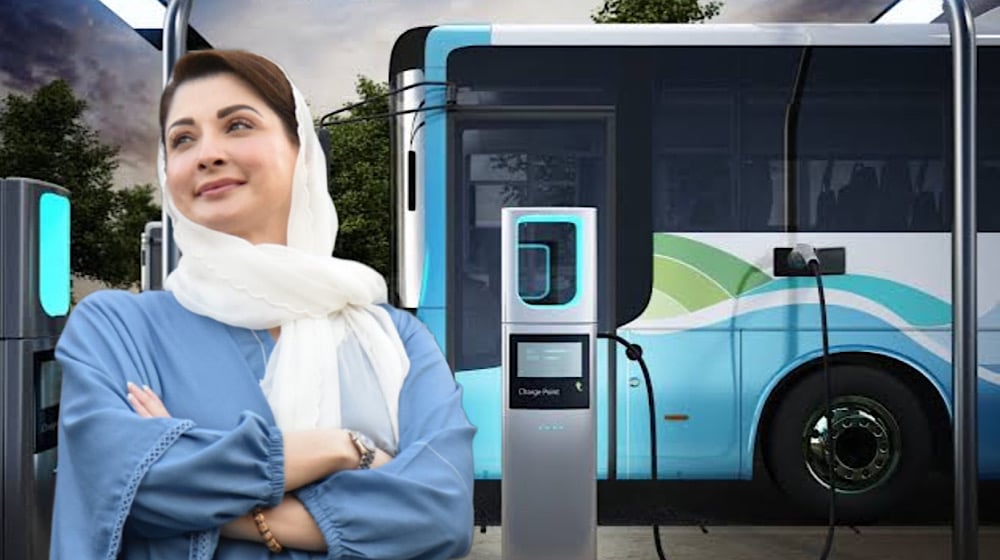Revving Up for Success: Auto Sector Aims for 2024 Recovery Amidst Optimistic Outlook
Auto Sector: In the Wake of 2023 Challenges, Pakistan’s Auto Industry Navigates Towards Revival in 2024
The year 2023 proved to be a testing ground for Pakistan’s auto industry, grappling with economic and political uncertainties that cast a shadow on manufacturers and consumer confidence alike. The Express Tribune explores the intricate details of a turbulent year marked by price fluctuations, plant closures, and the dynamic landscape of local and imported auto parts.

As inflation soared, it took a toll on the economy and, subsequently, the auto sector, leading to reduced sales and temporary manufacturing plant closures. Industry experts, sharing insights with The Express Tribune, emphasized the profound impact of inflation on consumer demand, with rising costs prompting consumers to adjust spending habits, causing a ripple effect on car prices and demand.
The industry also faced challenges in the importation of parts, creating potential supply chain issues for manufacturers. The interdependence of the auto sector with the overall economic health underscored the need for a stable currency and reduced interest rates to spur economic recovery.
Despite these challenges, Pakistan’s auto industry holds significant potential, driven by an estimated additional demand of 350,000 units every five years, fueled by a growing young population. The symbiotic relationship between supply and demand offers promising prospects, awaiting policy triggers for economic recovery and a resurgence in the auto sector.
A comparison with India reveals higher automobile prices in Pakistan due to a smaller market and fewer manufacturers. The industry’s resilience was evident when the Indus Motor Company (IMC) launched the locally-manufactured Toyota Corolla Cross Hybrid Electric Vehicle, showcasing the potential of sourcing over 50% of automotive parts locally. Master Changan Motors Limited (MCML) also made strides as the sole exporter of Completely Built-Up (CBU) Made in Pakistan cars.
Looking ahead to 2024, analysts anticipate economic recovery and a rebound in the automotive sector. Government negotiations with the International Monetary Fund (IMF), potential easing of imports, and new incentives for auto manufacturers under the new government could fuel growth.
Despite the challenges of 2023, the auto industry stands at a pivotal juncture, impacting over 3.5 million families. Industry leaders advocate for a comprehensive 10-year policy, activating the Pakistan Standards and Quality Control Authority (PSQA), reducing taxes, and fostering small and medium-sized enterprises (SMEs). With a focus on technological advancements and adapting to new fuel sources, the auto industry envisions a positive trajectory, poised for growth in 2024 amidst anticipated political stability and economic revival actions.










